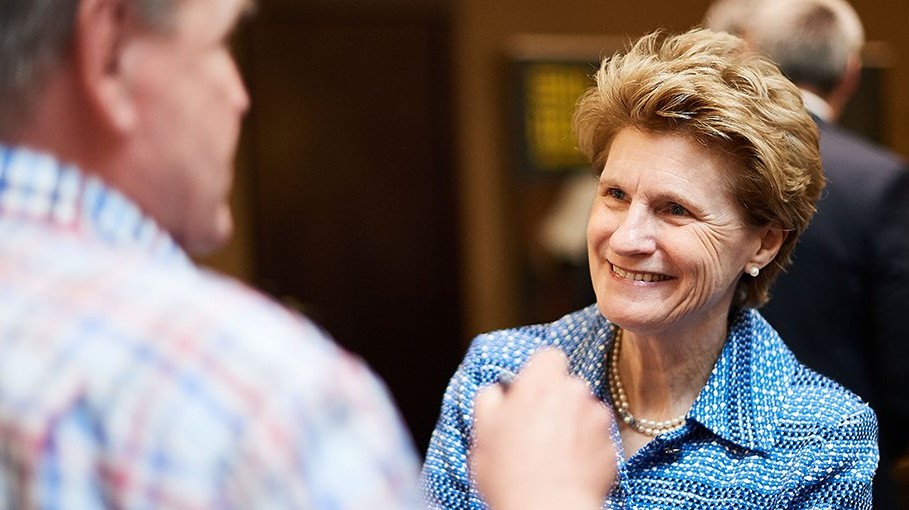
“I think about the countries where South32 does business, such as South Africa and Mozambique, where the pandemic presented a significant challenge and has required a collaborative approach between government, business, and civil society. We all have a role to play in addressing the crisis,” Wood told McKinsey.
Wood said South32 strategy is to make a ‘genuine difference’ in four areas: Education and leadership, empowering young people to take leadership roles in their community; Supporting participation in the local economy; Helping with mental-health issues, which have been a concern for a long time in some of the remote communities where South32 operates, and in natural-resource resilience.
“Even before covid, discussions with shareholders had been much more centered around the ESG risks we confront as a company. People are actively looking for a dialogue on what part companies are playing in that space. You can’t have a productive company unless you’ve got one eye on your impact,” she told McKinsey.
The days of separating shareholder interests from broader social interests are gone
“We often have the luxury of a decision-making process that can go on for months or years. In this scenario, that wasn’t the case. We thought about our work in three phases: What do we need to do immediately to address the health crisis to keep our people safe and support local communities? What do we need to do in the medium term to make sure that our business is protected? And what does the long term look like?,” asked Wood.
The world’s largest producer of manganese plans to move to a simpler commodity portfolio with a bias toward base metals.
According to the chair of the board, it will be a portfolio with commodities that are necessary in a low-carbon future.
“South32 has made a commitment to carbon neutrality by 2050, and our broader capital-management strategy is consistent with that,” Wood said.




